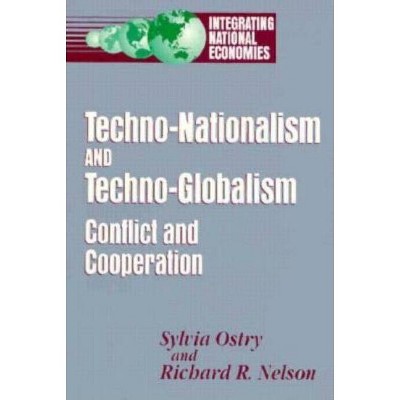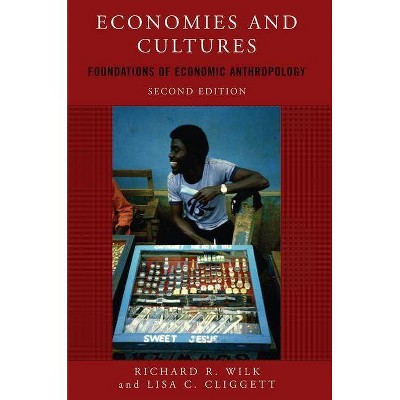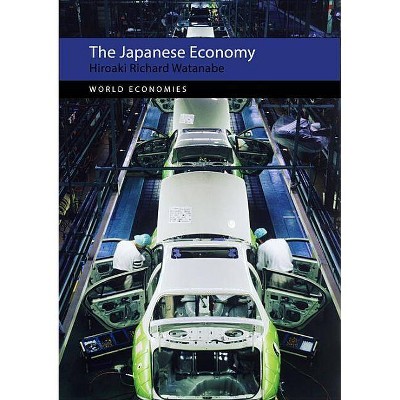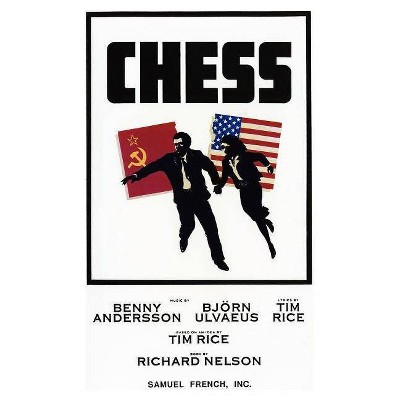Techno-Nationalism and Techno-Globalism - (Integrating National Economies: Promise & Pitfalls) by Sylvia Ostry & Richard R Nelson (Paperback)

Similar Products
Products of same category from the store
AllProduct info
<p/><br></br><p><b> About the Book </b></p></br></br><p>We should be grateful to Ostry and Nelson for giving clarity and balance to interrelated subjects too often dominated by passion and muddle. Keith Pavitt, University of Sussex Sylvia Ostry is chair of the Centre for International Studies, University of Toronto. Richard R. Nelson is professor of international and public affairs, business, and law at Columbia University.</p> <p>This work is part of the Integrating National Economies series. As global markets for goods, services and financial assets have become increasingly integrated, national governments no longer have as much control over economic markets. With the completion of the Uruguay Round of the GATT talks, the world economy has entered a fresh phase requiring different rules and different levels of international cooperation. Policies once thought to be entirely domestic and appropriately determined by national political institutions, are now subject to international constraints. Cogent analysis of this deeper integration of the world economy, and guidelines for government policies, are urgent priorities. This series aims to meet these needs over a range of 21 books by some of the world's leading economists, political scientists, foreign policy specialists and government officials.</p><p/><br></br><p><b> Book Synopsis </b></p></br></br><p>We should be grateful to Ostry and Nelson for giving clarity and balance to interrelated subjects too often dominated by passion and muddle. Keith Pavitt, University of Sussex Sylvia Ostry is chair of the Centre for International Studies, University of Toronto. Richard R. Nelson is professor of international and public affairs, business, and law at Columbia University.</p> <p>This work is part of the Integrating National Economies series. As global markets for goods, services and financial assets have become increasingly integrated, national governments no longer have as much control over economic markets. With the completion of the Uruguay Round of the GATT talks, the world economy has entered a fresh phase requiring different rules and different levels of international cooperation. Policies once thought to be entirely domestic and appropriately determined by national political institutions, are now subject to international constraints. Cogent analysis of this deeper integration of the world economy, and guidelines for government policies, are urgent priorities. This series aims to meet these needs over a range of 21 books by some of the world's leading economists, political scientists, foreign policy specialists and government officials.</p><p/><br></br><p><b> From the Back Cover </b></p></br></br>Techno-Nationalism and Techno-Globalism: Conflict and Cooperation is a broad-ranging study of the technological competitiveness of nations. It examines the origins of trade and public policy conflict in the United States, Japan, France, and Germany; the friction between countries caused by shifts in competitiveness; the role of trade policy in both causing and attempting to resolve these frictions; and the scope for new initiatives aimed at strengthening international cooperation. The authors argue that the margin of the U.S. technology lead has been narrowing since the 1960s, caused in part by the rise of Japanese industry in a variety of high-tech industries, and in part by the rapid circulation of information and diffusion of technology. They show how changes in technical competitiveness have created new sources of economic conflict between nations. Because governments increasingly believe that long-term wealth creation depends on superior technical skills, they are inclined to provide direct or indirect assistance to potential technological winners. This raises the risk of trade and subsidy wars. Technology now spreads quickly, reducing the time it used to take for competitors to catch up. The authors explain that to create adequate return on the considerable investment that high tech requires, firms must have ready access to foreign markets through trade and through direct investment. In addition to formal restrictions on trade and investment, structural impediments have become a bigger problem. These arise from policy sanctioned by exclusionary links among and between producers, distributors, and financiers.<p/><br></br><p><b> About the Author </b></p></br></br><p> <b>Sylvia Ostry</b> is chair of the Centre for International Studies at the University of Toronto. <b>Richard R. Nelson</b> is the George Blumenthal Professor of International and Public Affairs, Business and Law at Columbia University.</p>
Price History
Price Archive shows prices from various stores, lets you see history and find the cheapest. There is no actual sale on the website. For all support, inquiry and suggestion messages communication@pricearchive.us




















